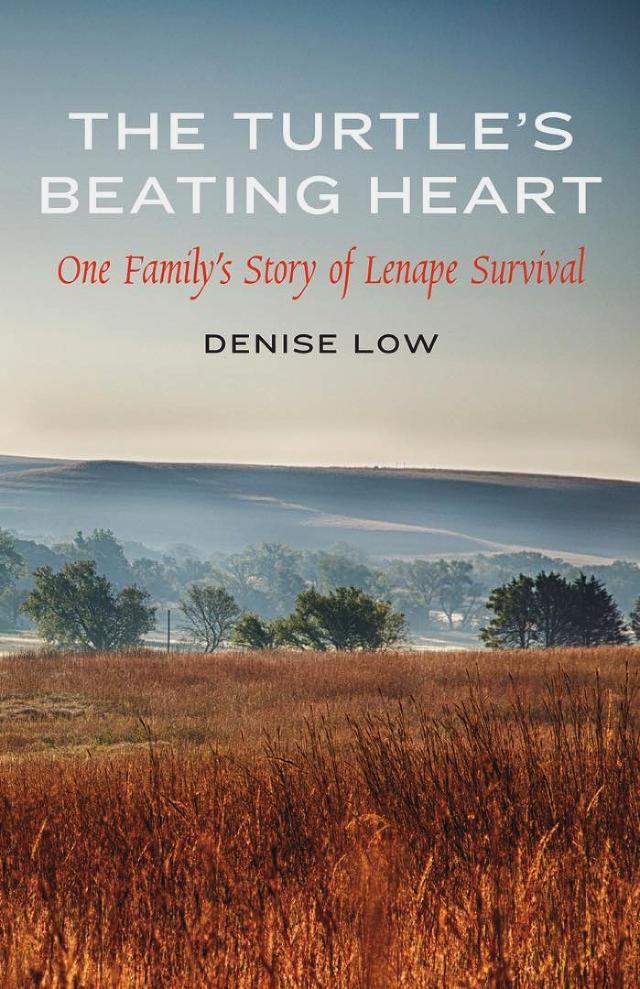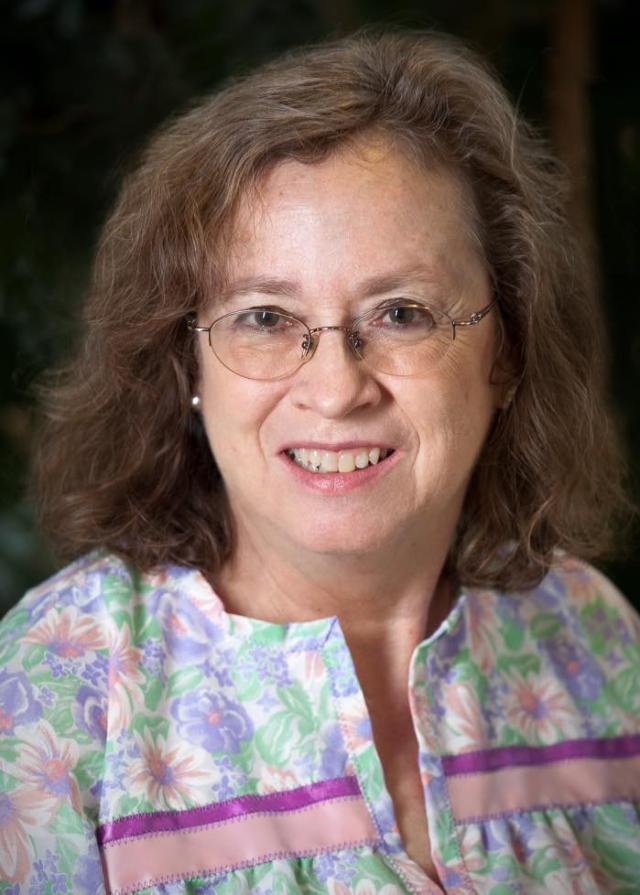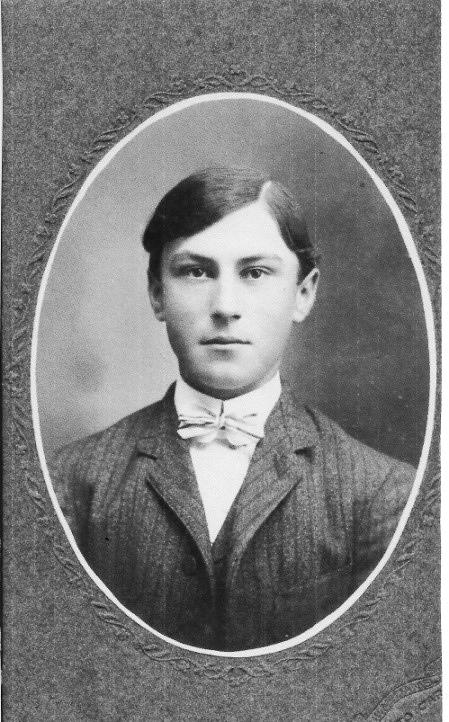 |
Canku Ota
|
 |
|
(Many Paths)
|
||
|
An Online Newsletter
Celebrating Native America
|
||
|
July 2017 - Volume 15
Number 7
|
||
|
|
||
|
Turtle's Heart Still
Beats: The Delaware People, A Story of Survival
|
||
|
by Konnie LeMay - Indian
Country Today
|
||
|
Native American
author documents her family's history, survival of the Delaware
people
Ten generations ago, Denise Low's Delaware ancestors began a forced journey from their eastern coastal homelands near modern-day Manhattan to escape encroachment and persecution from the amassing Europeans. The diaspora of the Delaware people would spread them inland, a disaster for keeping the people together and whole. "After several hundred years of resistance, from the 1500s to the mid-1700s, they were overwhelmed but not finally defeated," Low writes. "Dozens of Delaware communities continue to exist from the Atlantic Ocean to Idaho and from Canada to the southern plains. Two federally recognized tribes are in Oklahoma and one in Wisconsin. State-recognized Delawares are in Delaware, New Jersey and Ohio. Others meet regularly, including the Kansas Delaware Tribe of Indians near my home in Lawrence." By the time the later generations of Low's family settled in Kansas, a state with a then-prominent Ku Klux Klan presence, a tacit public denial had begun. Not calling attention to Native heritage at the time also meant children would not be removed to boarding schools. The silence was practical, but as with all secrets, reaped consequences. Low documents her journey through the family's past and the Delaware diaspora in her book released this year, The Turtle's Beating Heart: One Family's Story of Lenape Survival.
The title evolved from a story told by an Arikara woman, whose grandmother fed her the heart of a freshly killed turtle. A turtle's heart beats long after it is separated from its body. "I love that image of survival," Low said. For her, it illustrated well how the heart of the Delaware people continues to beat. "All of them adapted to many different conditions," Low writes. "All are survivors like my family."
The former Kansas state poet laureate, Low also serves as adjunct professor for the master of liberal arts program at Baker University and is the former dean of Arts and Humanities at Haskell Indian Nations University. She has written a dozen books of poetry, but this family memoir, which focuses on her grandfather, Frank Bruner Jr., her mother Dorothy Bruner and herself, presented different challenges. "I rewrote it maybe four times completely. I am grateful to Kimberly Blaeser, Ojibwa, and Matthew Bokovoy, who are editors of the University of Nebraska Press." Low found several stories to tell, both the history of the Delaware people and the history of her own family. She tried, too, to insert poems, but finally, after one revision, her editor gave her some sound advice. "The reader's mind was ping-ponging back and forth between lyrical and prose and textbook history," Low said. "The last version, consulting with my editor, he really recommended that I write with one voice. I tried that, and it finally felt right." The voice she chose was that of her own history. She follows the trials of her grandfather, his wanderings and chronic pain from a work-related head injury, self-treated, Low surmises, with alcohol. As his grandchild, the youngest in her family, Low saw only a witty and warm grandfather. The experience of growing up in the household was different for her ambitious and talented mother. Her mother's dismissal of her Native heritage became a rejection, perhaps, of her fractured family. |
|||||
|
|
|
|
||
|
|
||
| Canku Ota is a free Newsletter celebrating Native America, its traditions and accomplishments . We do not provide subscriber or visitor names to anyone. Some articles presented in Canku Ota may contain copyright material. We have received appropriate permissions for republishing any articles. Material appearing here is distributed without profit or monetary gain to those who have expressed an interest. This is in accordance with Title 17 U.S.C. Section 107. | ||
|
Canku Ota is a copyright ©
2000 - 2017 of Vicki Williams Barry and Paul Barry.
|
||
 |
 |
|
|
The "Canku
Ota - A Newsletter Celebrating Native America" web site and
its design is the
|
||
|
Copyright ©
1999 - 2017 of Paul C. Barry.
|
||
|
All Rights Reserved.
|
||


